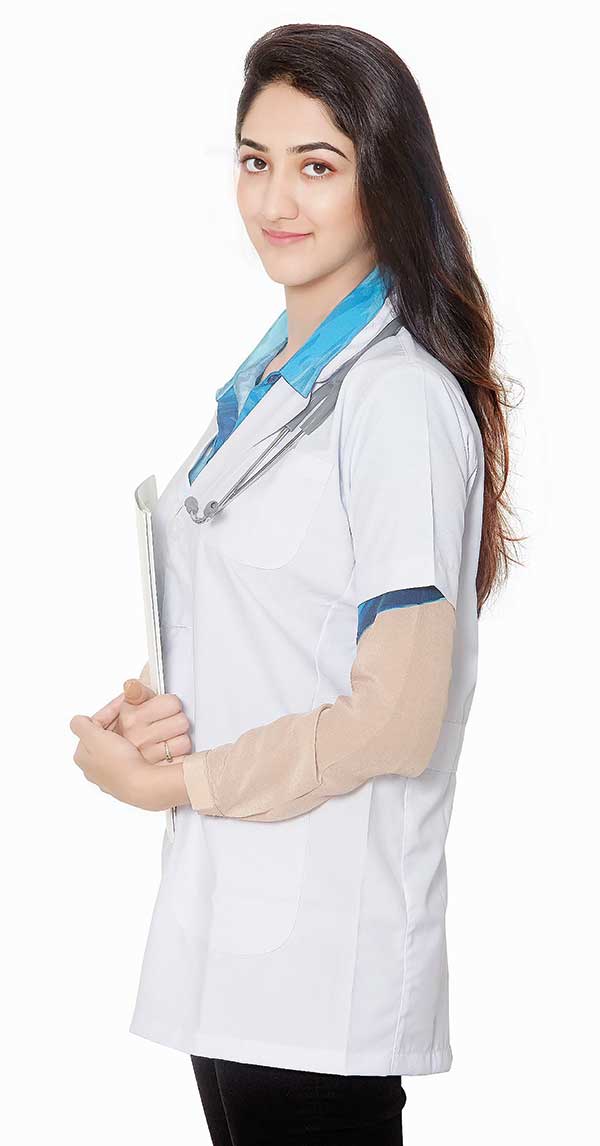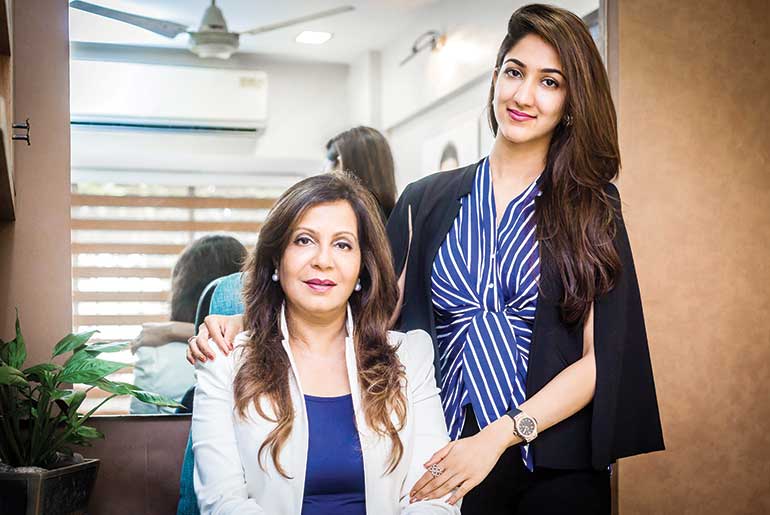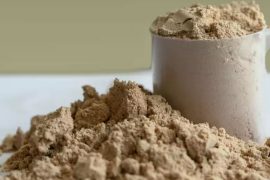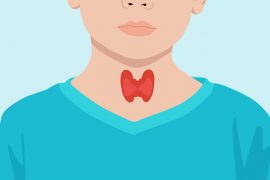In this interview with Dr. Aalika Banerji Shah talks about how one can stay stress-free and what millennials should do to keep their body and mind healthy. Edited Nub Below.
Q Tell us about you Dr. Aalika Banerji Shah, key recognitions and expertise?
 After completing my medical school, I started working as a functional medicine practitioner focusing on treating diseases with nutrition and supplementation. I strongly believe a good doctor is one who treats the cause rather than the symptoms of a disease and ensures his patients can be medicine-free eventually.
After completing my medical school, I started working as a functional medicine practitioner focusing on treating diseases with nutrition and supplementation. I strongly believe a good doctor is one who treats the cause rather than the symptoms of a disease and ensures his patients can be medicine-free eventually.
Q Staying young and healthy is a strive to fight for every Millenial and urban living person? What diets do you prefer to keep one young and healthy?
The term ‘diet’ has been widely misused and people equate it with starving oneself. To keep yourself young and healthy, you need to nourish yourself with the right nutrients and make sure you stay away from processed foods. A simple diet that consists of home food with the right balance of protein, good fats, vegetables, fruits, and complex carbohydrates is ideal in the long run. One of my favorite diets is the Mediterranean diet but with an Indian twist to it.
Q Pros and Cons of non-surgical Facial Aesthetics?
Pros: Without undergoing surgery, one can look younger & fresher, undergo minimal invasion within a few hours. Using a combination of science, technology, and art, now anyone can enhance their features & improve their appearance & self-confidence.
Cons: The procedure needs to be repeated every few years due to the life-span of the products available. Some people have unrealistic expectations of beauty and can get obsessed with changing the way they look due to societal pressure.
Q Stress and Hypertension is growing among professional personal life has become mean to a normal lifestyle? What are your recommendations to your clients to fight these menaces?
In this day and age, stress is a constant factor in almost everyone’s life. Stress brings with it a host of diseases both mental and physical.
My top recommendations to combat stress would be: Practicing mindfulness, meditation, yoga and deep breathing. Spending more time doing things one loves like traveling, spending time with family & friends, listening to music, practicing self-care, exercising regularly.
Stress eating is something we have all been prey to so I would recommend keeping whole foods like nuts & fruits handy instead of binging on high sugar and high sodium processed foods.
Q Which populations are you most interested in advising?
The millennials because I understand how stressful staying healthy can be in the midst of personal, professional and social commitments. When you relate to a person it is much easier to put your point across.
Q Do you prefer advising individuals, or groups?
I prefer advising individuals because while taking a detailed history is when I learn the most about my patient. What kind of diet, exercise regime one would follow and what motivates them the most.
As a group, there’s a lot to learn when patients put across their questions which we all discuss and find solutions to. But my practice involves a detailed analysis of one’s blood work, body composition, routine and dietary preferences so I prefer a one-on-one consult.
Q What dietary recommendations are important for geriatric populations?
As you age, your digestion system weakens. It’s important to eat smaller portions and try avoid anything difficult to digest like red meat or too much spice. One must also regularly check their blood work and take appropriate supplements like Calcium, probiotics, Vitamin D, nerve tonics etc. A good multivitamin and Omega-3 help with overall vitality.
Q As a nutritionist, who would you consider to be your clients or say, customers?
Since I practice a form of prevention & functional medicine, my patients range from those who are obese and have a list of illnesses like diabetes, hypertension, high cholesterol etc to fitter individuals who want to improve their nutrition or want to start eating and supplementing right.
Q Recall a time you resolved a problem with an unhappy customer. How did you handle it?
There have been instances when patients are too fixated on the weighing scale and get obsessed with checking their weight. They come with unreasonable demands of trying to lose a lot of weight in a short span of time and ask for all sorts of fat burners and shortcuts. I strictly forbid them to check their weight and try and make them realize how its more about health and less about a short-term number. Slowly everyone comes around.
Q What kind of diet would you prescribe to a patient who was trying to lose weight?
There is a wide variety of programs but what I prescribe would be either a combination of protein and good fats or protein and complex carbohydrates to lose weight. To some I recommend eating frequently and to some intermittent fasting. I like to switch it up and ensure the body doesn’t get used to one kind of diet and the weight loss doesn’t plateau.
Q What kind of diet would you prescribe for a patient who was trying to gain weight?
Gaining weight for some is actually tougher than losing weight if you have a very high metabolism.
If eating bigger portions is not possible then I suggest drinking their calories in the form of smoothies with nuts and fruits.
Eating every few hours also helps. Eating as soon as you wake up and having a glass of full-fat dairy right before bed ensures you don’t fast for too long and your body doesn’t break down its own stores.
Q Lastly, your key goals and vision for a healthy start to 2020?
In today’s day and age of excess, I hope 2020 is all about minimalism and a simple lifestyle. Less of social media, eating junk food, negative people, buying unnecessary things and confusing yourself with unnecessary information. More of enough rest, exercise, hydration and good wholesome simple home-cooked meals.
Disclaimer:
The information contained in this article is for educational and informational purposes only and is not intended as a health advice. We would ask you to consult a qualified professional or medical expert to gain additional knowledge before you choose to consume any product or perform any exercise.






